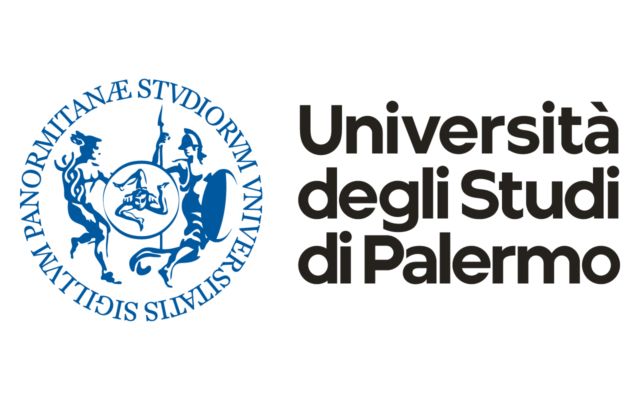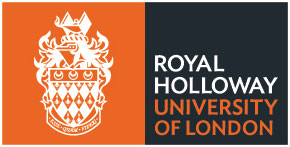Disclaimer: This Project funded by the European Union. Views and opinions expressed are however those of the author(s) only and do not necessarily reflect those of the European Union or the European Education and Culture Executive Agency (EACEA). Neither the European Union nor EACEA can be held responsible for them. ![]()
5
Sessions
June 20th - 24th 2022
Duration
English
Language
Training Title: Pedagogical Supervision in Early Childhood Education
The rationale for the Training:
The process of guidance/supervision of professional practice presupposes a continuous (re)construction of theoretical, organizational, and pedagogical knowledge, with a view to professional and personal development in continuity and oriented to respond to the complex and demanding task that is the training of future childhood educators. Supervision is complex and involves several actors who participate in the educational process, such as university teachers, childhood educators, and their practices and initial training of students. This course aims to think of supervision as an instrument of training, innovation, and the reconstruction of practices. It is supported by supervisors through the analysis of supervisory models, processes, and competencies, exploring concepts, practices, and their relationship with specific didactics. It focuses on the link and relationship between initial training and continuing education, designing it as an integrated collaborative learning process, seeking to establish the necessary connections between the training processes and practices carried out at the higher education institution and the intervention practices that develop in the contexts that welcome trainees. It, therefore, stresses the link between training, intervention, and supervision, designing the latter as a horizontal process with reflexive instance and as research for action. This framework emphasizes the necessary creation of extended learning communities and the processes of reconstruction knowledge throughout life.
Training Course Methodology
The sessions will be face-to-face and a sustained approach to knowledge of a theoretical and practical nature will be promoted, to promote the involvement of participants. It is based on the observation of practices in contexts, and the supervisory processes involved in initial training. It will be promoted the analysis of texts, practices, and reports that stimulate the deconstruction of beliefs and reconstruction of knowledge about the supervisory pathways experienced and/or observed, valuing the processes of horizontal supervision to the detriment of vertical supervision The training is designed for 18 members and will be developed using group dynamics that will involve them in cooperative work, in reflections with the
trainers of the Center for Research in Basic Education and the School of Education of the Polytechnic Institute of Bragança.
Training Objectives:
The Objectives of these five days of training are:
- Analyze supervisory models determining their conceptual fundamentals;
- Compare the principles inherent to the various supervisory models with the pedagogical approaches that are assumed in the contexts;
- Contextualize supervision within the framework of a collaborative process that favors the support and stimulation of trainees.
- Analyze training experiences that promote reflective and quality work environments;
Consider the role of supervision in promoting an investigative attitude toward professional practice; - Establish pedagogical connections between specific didactics and supervisory models.
Section 1: Presentations of the Training Course
Portuguese Education System
Portuguese Education System
Responsibility
Enabling Environments
What do we understand by the expression “enabling environment”?
What are the main principles of an enabling environment?
Section 2 : Supporting Resources
Manual Sics(Ziko)
Well-being and Involvement in Care A process-oriented Self-evaluation Instrument for Care Settings
Original dutch version :
Early Learning for Every Child Today
Early Learning for Every Child Today A framework for Ontario early childhood settings
Best Start Expert Panel on Early Learning. December, 2006
European Early Childhood Education
Substantiation of the invisible: pedagogical documentation as professional development support
Substantiation of the invisible: pedagogical documentation as professional development
Book Chapter
First Contact with the Word of Work: The Competence Built in the Teaching Practices
First Contact with the Word of Work: The Competence Built in the Teaching Practices
Photo Gallery
Training Courses
You might also be interested in these Training courses

Polytechnic Institute of Bragança Portugal

Al-Quds Open University, Ramallah, Palestine

University Of Palermo, Italy

University of Crete, Greece

Royal Holloway University of London (RHUL)
Royal Holloway University Of London (RHUL)
View Traning Course
PIXEL, ITALY

